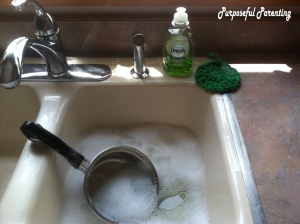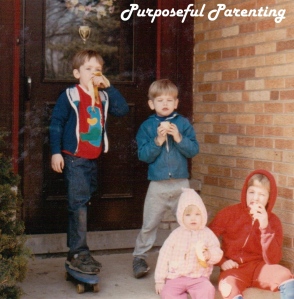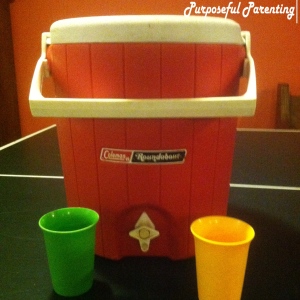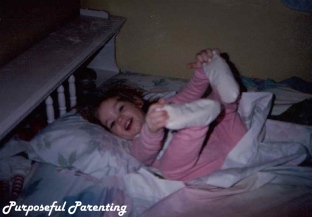Woke up in the morning, put my feet on the floor, did the 50 yard dash to the bathroom door, sat down on the pot, and I gave it all I got, diarrhea, diarrhea. My kids loved singing this ridiculous song. And we all have some personal crazy story on this topic. One may as well laugh about it. It happens. It’s usually not pretty.
Once while hunting my dad discovered that when falling out of a deer tree stand one cannot hold a strong enough gluteus maximus squeeze to prevent releasing the contents that desperately want to be freed. His Buck knife came in handy for clothing removal that day.
 It can happen anywhere at any time. I call it fatalistic diarrhea. It is the kind that hits suddenly without warning. If you are lucky, you are close enough to the bathroom to arrive in time to hit the target. If not, you are wearing it or worse, it has run down your legs and onto the floor. The diarrhea is not truly fatal, but the accompanying embarrassment is close.
It can happen anywhere at any time. I call it fatalistic diarrhea. It is the kind that hits suddenly without warning. If you are lucky, you are close enough to the bathroom to arrive in time to hit the target. If not, you are wearing it or worse, it has run down your legs and onto the floor. The diarrhea is not truly fatal, but the accompanying embarrassment is close.
I recently had such an episode and I was not at home. I was doing volunteer service. Fortunately I had my cell phone on me and was able to call home and request a change of clothes be delivered immediately. But I still had to clean up me and my gigantic mess.
Diarrhea is a really stinky mess, but it can be dealt with. No one chooses it and often it is not even the result of choices or decisions made by the person experiencing it.
Many things in life are like that – messy, stinky, and unwanted. We always have a choice as to how we respond. We can be angry and yell or accepting and laugh. We do have a choice. No one forces us to respond in any specific manner. Help your children learn this important lesson.
Diarrhea has a starting time and an ending time. So do almost all troubles or circumstances. No one lives in the bathroom.
Two more lessons from diarrhea that apply to life. 1. Sometimes do we choose to eat something that we know will probably cause diarrhea. When we cause the problems we have, we need to take responsibility and clean them up. 2. Always pay attention to the warning signs to avoid problems/diarrhea. When you are feeling the pressure, abdominal rumblings plus excessive gas, run to the bathroom. Life problems often have warning signs too, such as words of advice from wise friends and close family members. These often suggest a change of course or running away from something or someone. Heed the warnings.
The troubles we experience also help us to be more compassionate with others. Remembering our own thoughts and feelings during a rough time, we can be empathetic.
When my daughter was six or seven years old she often struggled to tell a joke.  Here is the joke she eventually mastered. “Did you know that diarrhea is hereditary? It runs in your genes.”
Here is the joke she eventually mastered. “Did you know that diarrhea is hereditary? It runs in your genes.”







